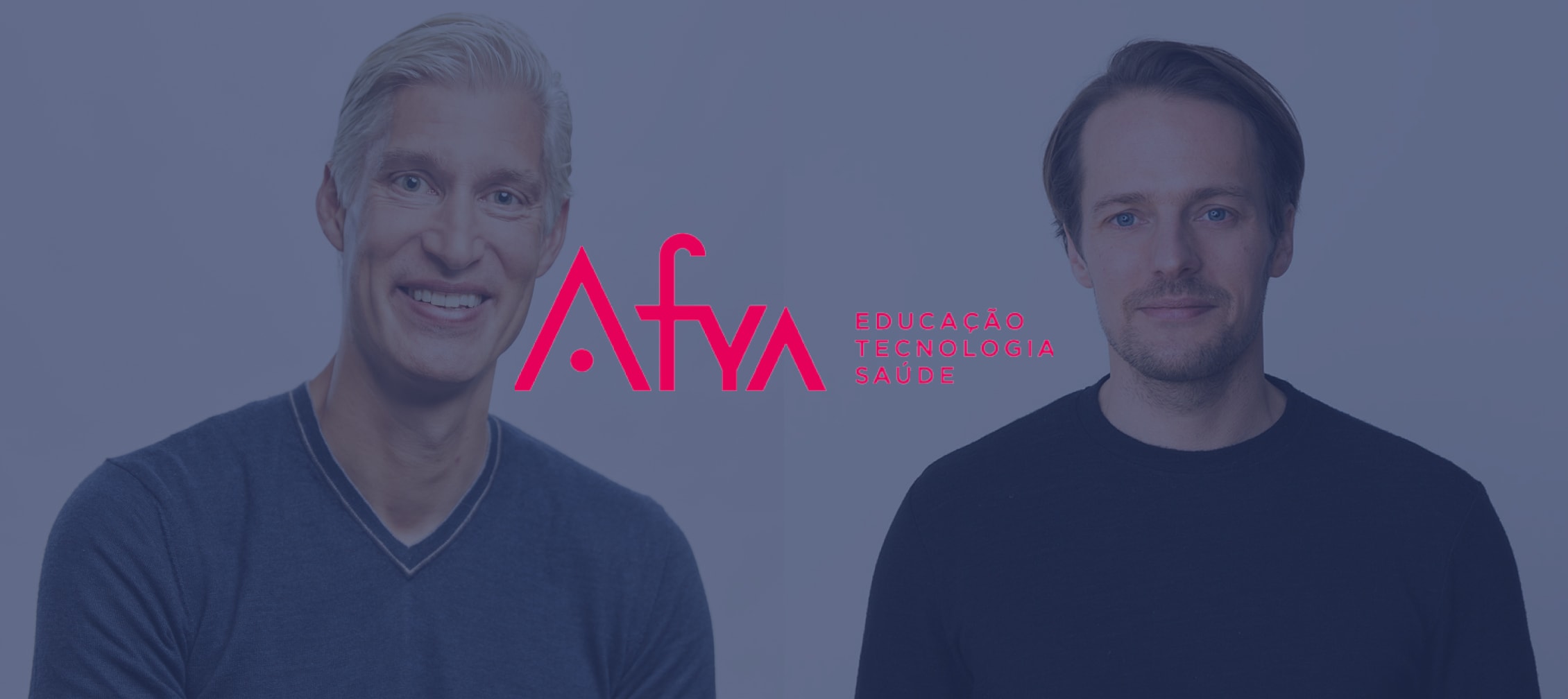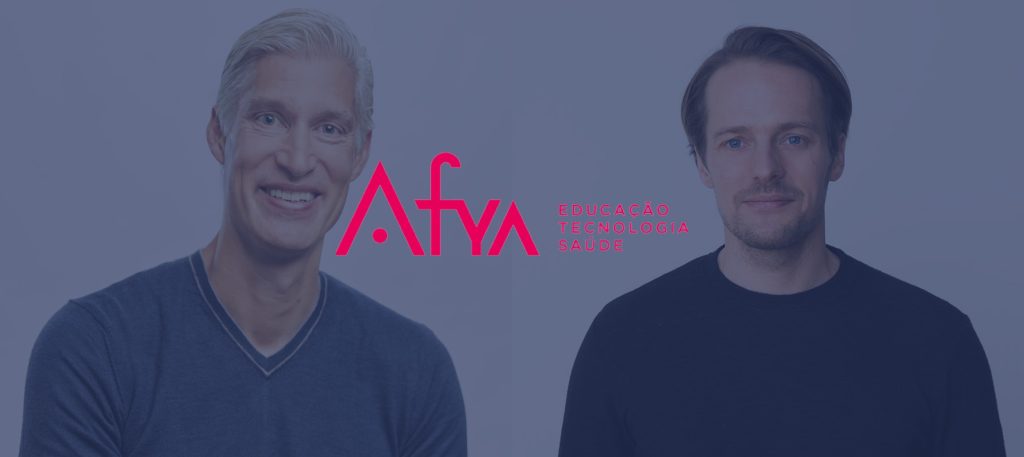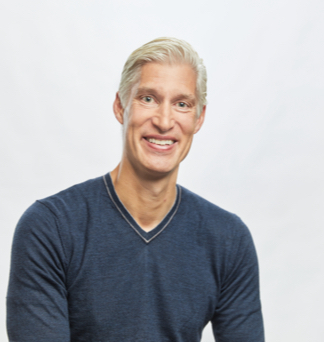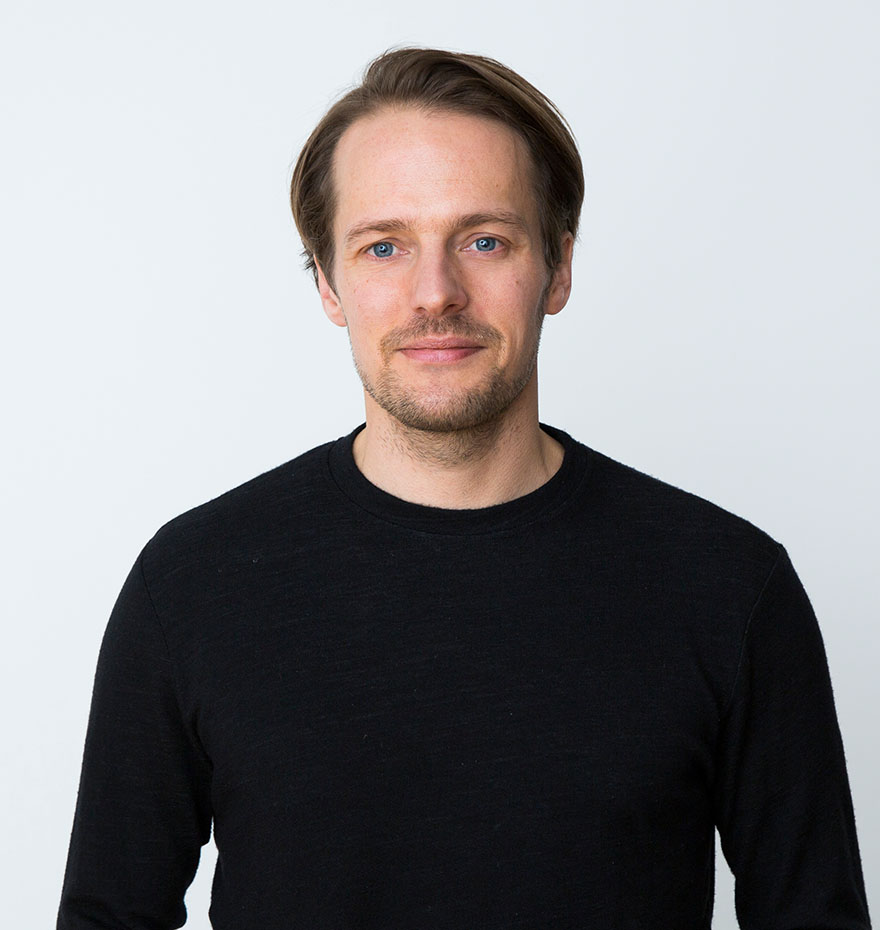
Insight, published 2022-05-06
Afya Medical Education Group
In our interview, Bertelsmann Education Group’s CEO, Kay Krafft and CFO, Benedikt Dalkmann, talk about the direction of the Brazilian medical education group.
Gütersloh / Belo Horizonte
“Afya is the clear number one in Brazil”
Bertelsmann has increased its stake in Afya, the Brazilian education group specializing in medicine and health, and now has a controlling interest in the company with 57 percent of the voting rights (see today’s BENET report). The Group plans to acquire additional shares in the Brazilian market leader, which is now consolidated as part of the Bertelsmann Education Group, in the medium term. BENET spoke with Education Group CEO Kay Krafft and Education Group CFO Benedikt Dalkmann about the share increase, Afya’s direction, and the Education Group’s overall strategy.
Mr. Krafft, what exactly does Afya do?
Kay Krafft: Afya is Brazil’s largest private medical education group, with 35 campuses across the country. It currently focuses on the education and training of physicians, for whom there is a great need and demand in Brazil. In addition to university studies, courses are also offered for the continuing medical education of physicians. This is designed to support medical professionals with relevant content throughout their careers.
… and besides education and training?
Kay Krafft: Afya is also increasingly focusing on digital solutions for physicians, including tools to support patient diagnosis; medical practice management, including electronic health records; telehealth services; and digital prescriptions. These are software solutions that have been made available in recent years primarily through acquisitions of young tech companies. Overall, about one-third of all physicians in Brazil are already using at least one of Afya’s digital solutions.
“Medical education is a stable and crisis-proof business with a persistently high demand.”
What’s the connection between medical studies and software solutions?
Kay Krafft: The goal is for medical students to be using Afya’s software solutions from day one of their studies. The extensive high-quality course programming is used in individual product modules, for example in the content platform for better decision-making in patient treatment. Another connection is the sustainable physician community Afya is building – including a network of more than 1,000 hospitals – efforts like these are facilitated by a trusted brand like Afya: Familiarity with the digital products from medical school through to the constantly updated content used for ongoing education and training. As a next step, Afya is developing additional revenue streams through B2B customers such as pharmaceutical companies. For these customers, the kind of direct access to physicians that Afya can provide is particularly valuable, for example in product sales and research.
Mr. Dalkmann, how would you describe Afya’s market environment?
Benedikt Dalkmann: Medical education and training is a growth market in Brazil as it is elsewhere. The country has a severe shortage of physicians. While the OECD average is 3.5 physicians per 1,000 inhabitants, in Brazil, the figure is just 2.5 – with a 215 million population. Medical education is a stable and crisis-proof business with a persistently high demand. In fact, the demand significantly exceeds the number of available slots. Medical school is a high-quality degree program: six years of standard study time with a low attrition rate; making it a very attractive business model overall. Another particular feature in Brazil is that well over half of all students are enrolled in private universities. In addition, the higher education landscape is quite fragmented, i.e., there are numerous small and medium-sized market players.
And how is Afya doing in this environment?
Benedikt Dalkmann: Afya has grown considerably in recent years, especially through acquisitions. And in the coming years, we’ll be supporting the management team in further driving consolidation in the country’s higher-education market. Afya is now the market leader in Brazil and has managed to achieve significant economies of scale by providing a standardized, high-quality curriculum. In 2021, for example, Afya achieved an EBITDA margin of over 40 percent on revenue equivalent to around €270 million.
“Afya is a perfect fit with the Education Group’s strategy. In addition to education, its focus is on expanding software solutions for risk management and workflow improvement in healthcare.”
What role did Bertelsmann Investments play in building Afya?
Kay Krafft: A crucial one. In 2014, led by Shobhna Mohn, Bertelsmann Investments and its local investment partner, Crescera, embarked on an entrepreneurial venture: the establishment of a university group focused on medical training. Bertelsmann held an indirect stake in Afya through the fund set up by Crescera. With the university landscape was still very fragmented, the business grew primarily through “buy & build.” This led, among other things, to a merger with NRE Educational. The Esteves founding family became co-partners in Afya in this way. In 2019, the company was listed on New York’s Nasdaq stock exchange.
Since August 2021, Bertelsmann has directly held 46 percent of the voting rights in Afya. Why the share increase now?
Kay Krafft: We took a long-term view of our direct involvement in Afya from the beginning. Ultimately, we were prepared all along to expand our investment when the opportunity arose. And with the Esteves founding family now seeking to diversify its own investment portfolio, the opportunity has now come. However, the family will continue to hold a stake in Afya even after the Bertelsmann takeover.
How does Afya fit into the Bertelsmann Education Group portfolio?
Kay Krafft: Afya is a perfect fit with the Education Group’s strategy. In addition to education, its focus is on expanding software solutions for risk management and workflow improvement in healthcare. We’re supporting Afya’s management in realizing this next growth phase. Their goal is to position themselves as the partner of choice for physicians in Brazil. And Brazil – like the US – has great market and growth potential in this sector. In the digital business, which is of particular interest to us, we’re planning to combine the various services for physicians on a shared platform in the years ahead.
Benedikt Dalkmann: Afya is a good fit in terms of the financials as well: We want the Education Group to achieve annual growth rates of more than ten percent with an operating business model characterized by economies of scale, and something that’s also reflected in a high EBITDA margin.
Mr. Krafft, the share increase in Afya is just one element of the Education Group’s implementation of the Boost strategy. What other Boost plans are there - especially for Relias, which you also manage as CEO?
Kay Krafft: Relias’s priority is to further expand the core business, that is, training and development for employees and companies in the healthcare sector across all segments of the healthcare industry; Relias has established itself as the US market leader in this field. Additionally, there are three important initiatives under the Boost program: The first is expanding our recruiting business. We want to help our more than 11,000 enterprise customers manage the growing shortage of skilled workers. As part of this, we are repositioning our existing nurse.com platform to match jobs and jobseekers for a perfect fit.
“Overall, the Bertelsmann Education Group is investing a significant amount as part of Bertelsmann’s Boost strategy.”
… and the second initiative?
Kay Krafft: Secondly, we want to expand our solutions in the area of compliance and risk management. We see considerable potential here as Relias is already the market leader in compliance learning, i.e., supporting healthcare providers in implementing regulatory requirements. Supplementing our existing services in this area with further intelligent applications for documenting and ensuring quality standards should help further increase efficiency and reduce risk on the customer side. As regulatory requirements for companies are increasing significantly and this is still often done and documented manually rather than digitally, this is especially necessary. And finally, we want to further strengthen our business in Germany as digitalization is rapidly gaining momentum among our customers in the healthcare sector.
Kay Krafft: Relias has grown significantly in recent years. Revenue has more than quadrupled since it was acquired by Bertelsmann at the end of 2014, and EBITDA margins have been consistently high, at over 40 percent. The phase between 2015 and 2018 was dominated by acquisitions. Since 2020, Relias has been transforming from a strongly sales-oriented organization to a product-driven company. This will strengthen its ability to innovate, partly, to respond better to changing customer needs and – like Afya – to develop new digital solutions.
And finally: What is the plan for Alliant?
Benedikt Dalkmann: Alliant is California’s market leader in psychotherapy training, with 30 percent of the state’s enrolled clinical psychology students. In fact, nearly half of all licensed therapists in California hold degrees from Alliant. Since its acquisition by Bertelsmann in 2015, it has built an in-house online campus. About 40 percent of Alliant’s revenue is now generated through online programs.
Kay Krafft: Besides the continued organic expansion of the online business – including into other US states – the focus is on developing new programs in healthcare and teacher education. Overall, the Bertelsmann Education Group is investing a significant double-digit million amount in organic growth this year as part of Bertelsmann’s Boost strategy.




